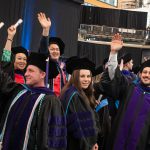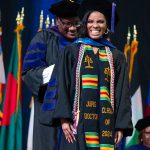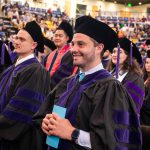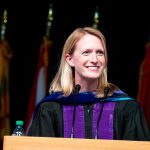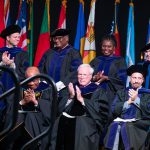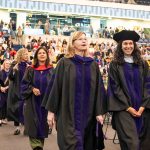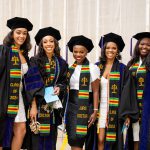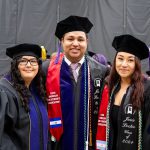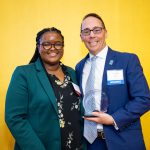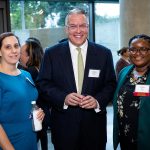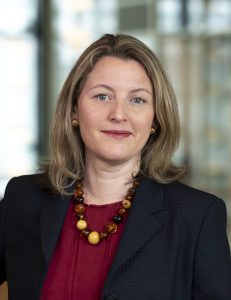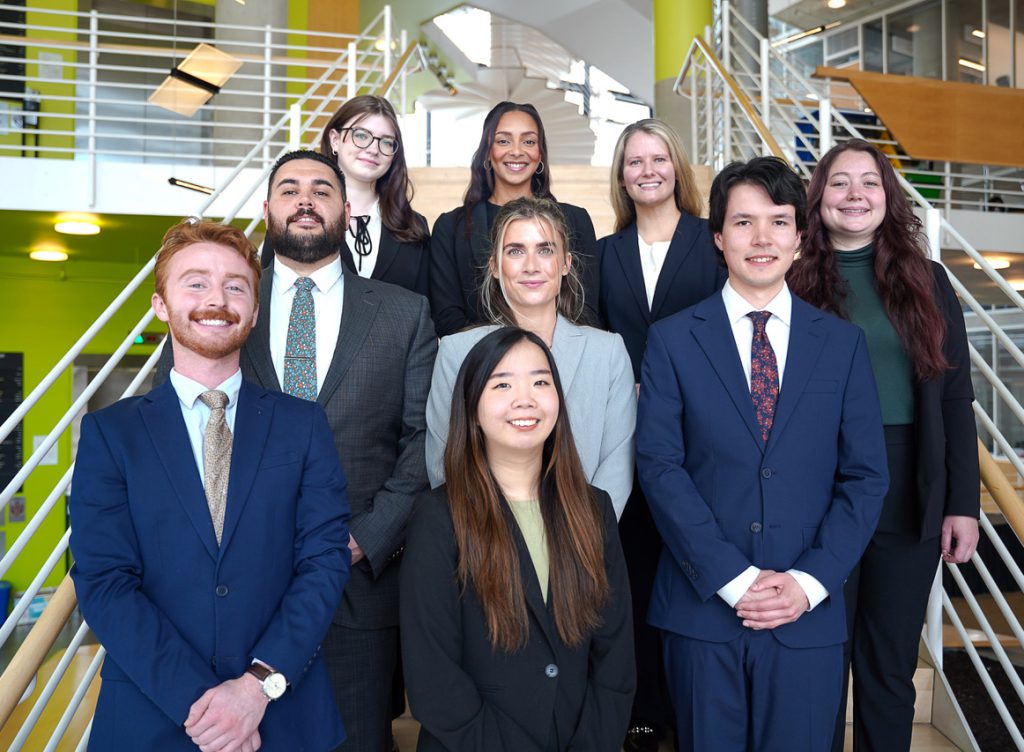José Anderson
Article: Commentary: I’ll remember Justice Sandra Day O’Connor for her humility, Balt. Banner (Dec. 6, 2023)
Article: Review of Historic Landmark Designation Application for Loudon County Courthouse in Leesburg, Va., U.S. Department of the Interior (filed Aug. 31, 2023) (solicited submission)
John Bessler
Book chapter: What-Ifs and Missed Opportunities: The U.S. Supreme Court, Death Sentences and Executions, and the 50th Anniversary of Furman v. Georgia, in Death Penalty in Decline?: The Fight Against Capital Punishment in the Decades Since Furman v. Georgia (Austin Sarat, ed.) (May 2024)
Book: The Forgotten Origins of the Cruel and Unusual Punishments Clause (forthcoming)
Fred Brown
Article: Should the Federal Government Help States and Local Governments Pay for Police Misconduct Through Tax-Exempt Bonds?, 42 Va. Tax Rev. 287 (2023)
Anne-Marie Carstens
Book chapter: Heritage Suspension: Law on Public Emergencies, in Routledge Handbook of Heritage and the Law (2024) (with J. Peter Byrne)
Gilda Daniels
Book chapter: Language Assistance Provisions Chapter, in Oxford Handbook of American Election Law (forthcoming 2024)
Book: The Cambridge Companions Series, The History of Voting Rights In The United States (forthcoming 2025)
Michele Gilman
Article: Participation Versus Scale: Tensions in the Practical Demands on Participatory AI, 29 First Monday (April 2024)
Article: Democratizing AI: Principles for Meaningful Public Participation, Data & Soc’y (2023)
Valeria Gomez
Article: Geography as Due Process in Immigration Court, Bender’s Immigr. Bull. (forthcoming
Sarah Gottlieb
Article: Progressive Facade: How Bail Reforms Expose the Limitations of the Progressive Prosecutor Movement, 81 Wash. & Lee L. Rev. 1 (2024).
Nienke Grossman
Book: Oxford Handbook on Women and International Law (Nienke Grossman, J. Jarpa Dawuni, Jaya Ramji-Nogales, & Hélène Ruiz-Fabri, eds.), (forthcoming 2025)
Book chapter: The ‘Invisible Court’: A First Look at Gender and Nationality in Registries and Secretariats, in Oxford Handbook on Women and International Law (Nienke Grossman, J. Jarpa Dawuni, Jaya Ramji-Nogales & Hélène Ruiz-Fabri, eds.) (forthcoming 2025
Margaret Johnson
Article: Title IX and “Menstruation or Related Conditions”, 30 Mich. J. Gender & L. 25 (2023) (with Marcy L. Karin, Naomi Cahn, Elizabeth B. Cooper, Bridget J. Crawford, & Emily Gold Waldman)
Book: Lawyers, Clients & Narrative: A Framework for Law Students and Practitioners (2d ed.) (2023) (with Carolyn Grose)
Geraldine Kalim
Article: How We Can Best Support Neurodivergent Patrons, AALL Spectrum Mag., (March/April 2024)
Elizabeth Keyes
Article: Clinics and Emergencies, Clinical L. Rev. (Fall 2024) (co-authored with Sabrina Balgamwalla)
Dionne Koller
Book chapter: Deterring Regulation Through the Threat of Sportspocalypse, in The Routledge Handbook of Sports Law and Governance, (Annette Greenhow and John Wolohan, eds.) (forthcoming)
Senate Testimony: Testimony and Participation in the March 20 Hearing Before the Senate Committee on Commerce Subcommittee on Consumer Protection on Promoting a Safe Environment in U.S. Athletics (March 20, 2024)
Katie Kronick
Article: Intellectual Disability, Categorical Mitigation, and Punishment, Bos. Coll. L. Rev. (May 2024)
Neha Lall
Article: CLEA Externship Committee Report: 2023 Survey of Law Schools on Student Compensation in For-Credit Externships, CLEA (April 18, 2024) (with Kate Devlin Joyce and June Tai)
Matthew Lindsay
Article: An Unreasonable Presumption: The National Security/Foreign Affairs Nexus in Immigration Law, 88 Brook. L. Rev. 747 (2023) (co-authored with Hallie Ludsin and Anthony DeMattee)
Article: The Right to Migrate, 27 Lewis & Clark L. Rev. 95 (2023)
Zina Makar
Article: The Absence of Dignity in Prison Law, 84 Md. L. Rev. (forthcoming 2025)
Article: Per Curiam Signals in the Supreme Court’s Shadow Docket, 98 Wash. L. Rev. 427 (2023)
Hugh McClean
Article: Review of Veterans Law Decisions of the Federal Circuit, 2022-2023 Edition, 73 Am. U. L. Rev. 101 (Summer 2024) (with Yelena Duterte and Stacey-Rae Simcox)
Article: Dred Scott, Military Enslavement, and the Case for Reparations, 113 Kentucky L. Rev. (Fall 2024)
Audrey McFarlane
Book chapter: Zoning’s Racial Innocence and the Imperatives of Segregation, in Intransigence and Hope: The Long Journey towards Racial Justice in American Land Use (Craig Anthony Arnold, Cedric Merlin Powell, Catherine Fosl, and Laura Rothstein, Eds., forthcoming 2025)
Book chapter: Chapter on Race, Property and Power, in Race, Racism and American Law (Derrick Bell, Cheryl Harris, Justin Hansford, Atiba Ellis, Amna Akbar, & Audrey McFarlane, 7th Ed., forthcoming 2025)
Michael Meyerson
Article: When One Door Closes: Legal Education and Racial Justice after Students for Fair Admissions, 103 Neb. L. Rev. (forthcoming 2025)
Jennifer Mitchell
Article: Using the Least Populous State Solution, 44.2 Pace L. Rev. (2024)
Article: Why Not More Seats? Increasing the House of Representative’s Size, 44.2 Pace L. Rev. (2024)
Max Oppenheimer
Article: The Artificial Intelligence Solution to Patent Obviousness, Harv. Sports & Ent. L. J. (Fall 2024)
Article: The Perks of Being Human, 80 Wash. & Lee L. Rev. 1 (2023)
Walter Schwidetzky
Article: What is in a name: Who Qualifies as a Limited Partner for Self-Employment Tax Purposes, 41 J. of Tax’n of Inv. 3 (Winter 2024)
Article: The Worthlessness Deduction for Partnership Interests: An Unguided Missile, Tax Notes (Apr. 17, 2024)
Tim Sellers
Book: Encyclopedia of the Philosophy of Law and Social Philosophy (Mortimer Sellers & Stephan Kirste, eds., 2024)
Book: Handbook of the History of the Philosophy of Law and Social Philosophy (Mortimer Sellers, Gianfrancesco Zanetti, & Stephan Kirste, eds., 2023)
Matthew Sipe
Article: Patent Law 101: I Know It When I See It, Harv. J. L. & Tech. (2024)
Article: Covering Prying Eyes with an Invisible Hand: Privacy, Antitrust, and the New Brandeis Movement, 36 Harv. J. L. & Tech. 359 (2023)
Amy E. Sloan
Book: Using Generative AI for Legal Research, (1st ed. Mar. 2024)
Book: Basic Legal Research: Tools & Strategies, (Rev. 8th ed. 2024)
Ioanna Tourkochoriti
Article: The Digital Services Act and the EU as the Global Regulator of the Internet, 24 Chi. J. Int’l L. 129 (2023)
Article: Is Neutrality Possible? A Critique of the Court of Justice of the European Union on Headscarves in the Workplace from a Comparative Perspective”, 71 Am. J. Of Comp. L. 1 (2023)
Shanta Trivedi
Book chapter: Surviving the “Child Welfare System”, in Policing Not Protecting Families: The Child Welfare System as Poverty Governance (forthcoming 2025)
Article: Caring for Children by Punishing Parents, The Yale L. & Pol. Econ. Blog (July 24, 2023)
Angela Vallario
Article: Don’t Let Death Be Your Deadline: Get A Will Before It’s Too Late: Expand Holographic-Wills Law to Incentivize Will-Making, 30 The Elder L. J. 349 (2023)
Kim Wehle
Article: Kimberly L. Wehle, The Ninth Amendment Post-Dobbs: Could Federalism Swallow Unenumerated Rights?, 83 Md. L. Rev. 867 (2024).
Sonya Ziaja
Article: Amoral Water Markets, 111.6 Geo. L. J. 1335 (2023) (with Karrigan Bork).
Article: Sonya Ziaja, How Algorithm Assisted Decision Making Is Influencing Climate Adaptation and Environmental Law, 53 Env’t L. & Pol’y Ann. Rev. 10652 (2023)

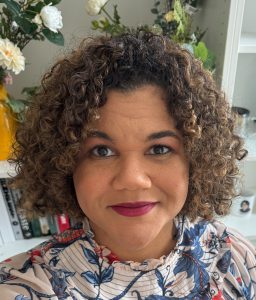
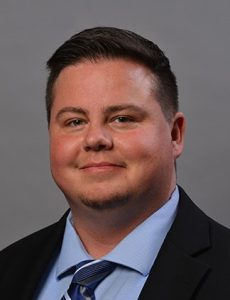
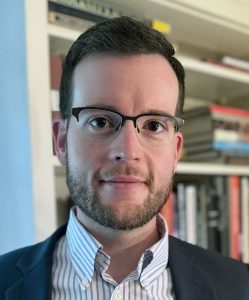
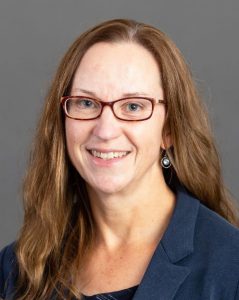
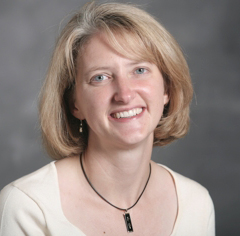

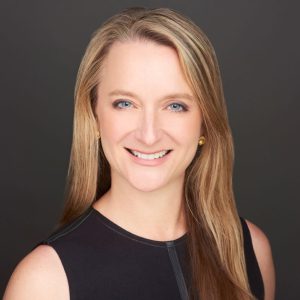 UBalt Law
UBalt Law 



